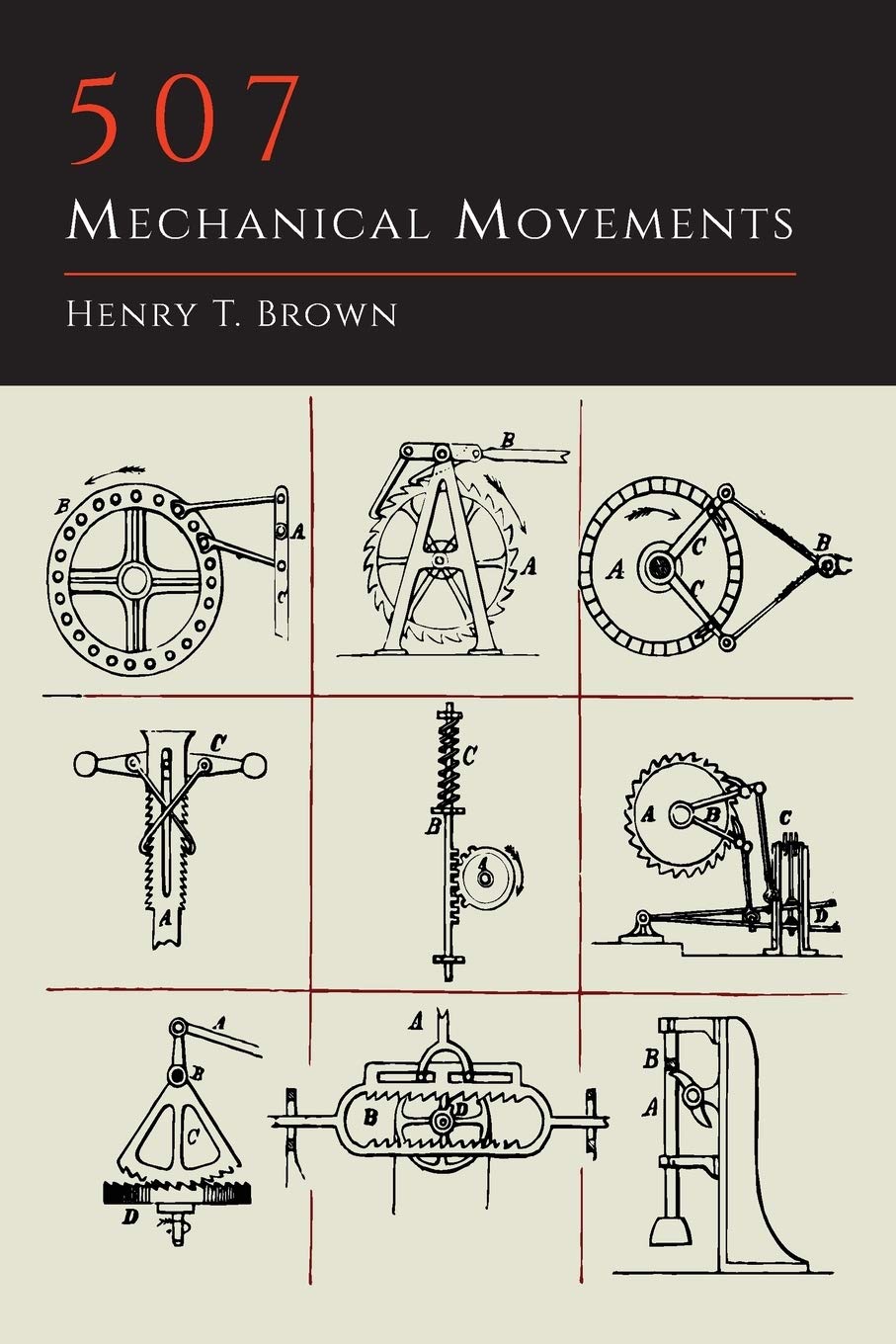
Customers say
Customers find this leadership book highly readable, particularly noting it as required reading for leadership courses and useful for learning techniques. Moreover, they appreciate the insightful articles, with one customer highlighting the excellent case studies aligned to each topic.
Make It Yours – See Your Price On Amazon!
Your Sales Price $24.95 - $12.70
A quick rundown of this product’s key features:
Go from being a good manager to an extraordinary leader.
If you read nothing else on leadership, read these 10 articles (featuring “What Makes an Effective Executive,” by Peter F. Drucker). We’ve combed through hundreds of Harvard Business Review articles on leadership and selected the most important ones to help you maximize your own and your organization’s performance.
HBR’s 10 Must Reads On Leadership will inspire you to:
Motivate others to excelBuild your team’s self-confidence in othersProvoke positive changeSet directionEncourage smart risk-takingManage with tough empathyCredit others for your successIncrease self-awarenessDraw strength from adversity
This collection of best-selling articles includes: featured article “What Makes an Effective Executive” by Peter F. Drucker, “What Makes a Leader?” “What Leaders Really Do,” “The Work of Leadership,” “Why Should Anyone Be Led by You?” “Crucibles of Leadership,” “Level 5 Leadership: The Triumph of Humility and Fierce Resolve,” “Seven Transformations of Leadership,” “Discovering Your Authentic Leadership,” and “In Praise of the Incomplete Leader.”
Our Top Reviews
Reviewer: Scott Hall
Rating: 5.0 out of 5 stars
Title: A compilation of thought provoking leadership articles
Review: This was a well rounded selection of HBR articles on leadership. They were great for not only my personal growth, but I also used them to help cultivate the leadership development of my team.
Reviewer: Abi Noda
Rating: 5.0 out of 5 stars
Title: Great perspectives on leadership
Review: HBR’s 10 Must Reads on Leadership is a collection of ten HBR essays on leadership. Every article essentially tries to answer the same question: “What are the qualities of a great leader, and how does one gain those qualities?”.More specifically, the essays cover the following questions:* What does a leader need to do? (“What Makes an Effective Executive?”, “What Leaders Really Do”, “The Work of Leadership”)* What is the ideal personality of a leader? (“What Makes a Good Leader?”, “Why Should Anyone Be Led By You?”, “Level 5 Leadership”)* What are the various competencies of leadership and how can they be distributed across different people? (“In Praise of the Incomplete Leader”, “Seven Transformations of Leadership”)While reading, it’s impossible not to notice the fact that while many of the articles attempt to answer same questions, they arrive at a very different conclusions. Several of the articles openly admit that while thousands of scholars have attempted to produce a cookie-cutter leadership profile, none has emerged. Successful leadership is highly circumstantial, and its effectiveness in of itself is difficult to measure or compare.Overall, I walked away with greatly improved perspective and understanding of what it takes to be an effective leader, as well as tools to help me grow and handle various situational challenges.Below are reviews of each article:”What Makes a Good Leader?”Daniel Goleman’s article describes emotional intelligence as one of the keys to being an effective leader. For someone already familiar with Goleman’s work or emotional intelligence, the concepts in his article won’t be new. Nonetheless it is helpful to see them described within the context of leadership.”What Makes an Effective Executive?”Peter Drucker’s “What Makes an Effective Executive?” was one of my favorite. It lays out a simple set of actionable leadership tasks for people in both new and existing leadership roles. As someone who’s recently taken on a new leadership role at my company, this article was immensely helpful to me in clarifying what I should be doing. I believe notes from this article should be reviewed regularly.”What Leaders Really Do”This article is a great complement to Drucker’s “What Makes an Effective Executive?”. Kotter describes how to set business “vision” and direction and what a leader must do to successfully move an organization toward achieving it. Kotter also breaks down differences between management and leadership to frame differences as well as the importance of both.”The Work of Leadership”This article centers around the concept of “adaptive challenges”, which are described as “murky, systemic problems with no easy answers” such as increasing competition in an industry.The authors argue that such challenges require an entire organization to adapt and change, and that the role of leadership is not to set the direction or develop solutions, but rather to frame questions and issues and create an environment for people across the organization to achieve solutions.While I found the overall points helpful, I found the article verbose and confusing at times. Even the word “adaptive challenge” is abstract to the point where I constantly had to review what it was referring to.”Why Should Anyone Be Led By You?”This article suggests four personality traits needed to inspire others and retain committed followers. I found it to be a simple and actionable set of qualities that a leader should try to embody in their presentation and interactions with others.”Crucibles of Leadership”This article describes how many successful leaders have gone through “crucibles”, or life experiences where they faced adversity and emerged transformed. The article identifies the specific skills and traits needed to overcome and emerge positively from these experiences, and argues that they are the same skills and trains needed for successful leadership.”Level 5 Leadership”Jim Collins describes “level 5 leaders” (the highest level of leadership) as embodying the dualistic personality traits of personal humility and fearless professional will. While emphasizing the critical importance of “level 5 leadership”, the article also describes other leadership strategies that turn good companies into great ones.”Seven Transformations of Leadership”This article describes a hierarchy of leadership styles, ranging from ineffective to highly effective. The purpose of this hierarchy is to be able to identify someone’s (or your own) leadership style, and figure out how to grow to the next level. While I was able to identify with some of the styles listed and found the breakdown helpful as a whole, I’m not sure if I walked away with much benefit from this article.”Discovering Your Authentic Leadership”This article argues that no cookie-cutter leadership formula exists, and that you cannot become a trusted leader by trying to imitate someone else. You can and should learn from others’ experiences, but the only way to become an authentic leader is to be you and commit yourself to lifelong learning and self-development”In Praise of the Incomplete Leader”This article highlights the danger of assuming that leaders should do and be everything. The article breaks down leadership into four distinct competencies that can be developed or distributed, depending on the strengths and weaknesses of a leader and the needs of the organization.
Reviewer: Yehezkel Dror
Rating: 4.0 out of 5 stars
Title: A POLITICAL LEADERSHIP PERSPECTIVE
Review: This collection of ten essays from the Harvard Business Review provides important insights on business leadership and its improvements. Still, from the perspective of my work on future-shaping political leadership, I am left – perhaps wrongly – with a number of problems, such as: 1) Most empiric studies relied upon are based on views expressed by leaders on what makes them successful. But such “self-reporting,” however frank, is likely to miss critical factors of which the leader is unaware. 2) A major weakness in study of political leaders is main emphasis on behavior instead of the mind which determines behavior. This seems to be also the case with the study of business leaders, with behavior and processes of the mind being mixed up. 3) Organizations are power fields, requiring some Machiavellianism. This is ignored in the book. 4) Discourse on business leaders seems to share trust in the ability of most human beings to make themselves into at least good political leaders, which characterizes a “positive psychology” and anti-elitist culture, but is not supported by deeper views of human nature and of leadership. 5) most serious of all, missing in the book is a radical contingency approach raising the question whether what made a good leader in the past may not fit the requirements of both business and political leadership in the future, when radically novel cultural, economic, geopolitical and technological realities require “paradigm-shifting” leaders of a novel type.The differences between business and political leadership are large, but many problems are similar. Shared studies and exchanges of views may help to advance the study and improvement of both business and political leadership, as needed – more urgently so in respect to political leadership given its rather unsatisfactory performance. This book provides starting points for doing so.Professor Yehezkel DrorThe Hebrew University of Jerusalem
Reviewer: Toni Crowe
Rating: 5.0 out of 5 stars
Title: A Great Book for Leaders
Review: This HBR 10 Must Reads on Leadership is a book that every new manager should read. The book is a collection of some of the best articles on Leadership that exist. If you are a new leader or a experienced leader, the book will help you make a difference to your team’s success.In particular, Daniel Goldman’s “ What Makes a Leader?” and Drucker’s “What Makes an Effective Executive” are key to personal success.Being the boss is a tough job. This books’ articles, while not a roadmap, show leaders a path to success.Worth the time to read.
Reviewer: Chet Sut
Rating: 5.0 out of 5 stars
Title: Excellent information for those new to or already in a leadership capacity
Review: On Leadership provides an insightful look into the research outcomes of organizational, pyschological and other such disciplines by notable researchers,scholars and authors.If this is your first time reading it, I would suggest reading it twice. The first time to get the general concepts and applications as you may see them relative to your assesment of others then…the hard part,conducting a self evaluation and improvment plan of which you should try to employ a trusted sounding board or “coach” to get the most value out of the book. While leadership positions vary in range from the operational leader to the strategic level leader, most components offered within are applicable and can be learned and implemented through practice, feedback and time.At the core of any successful endeavor reside leaders of all shapes and sizes. This book will help you get there.Happy Journey!Chet Sutphen
Reviewer: Hiren D Raval
Rating: 5.0 out of 5 stars
Title:
Review: Book is wonderful…very well researched information and case studies covered in the book.
Reviewer: Catarina
Rating: 5.0 out of 5 stars
Title:
Review: Some good articles, all with a nice summary of the main ideas. A good read
Reviewer: Neil M
Rating: 5.0 out of 5 stars
Title:
Review: A good read
Reviewer: Jose Bonfim Albuquerque Filho
Rating: 5.0 out of 5 stars
Title:
Review: Reuniu o que interessa
Reviewer: bert&bren
Rating: 5.0 out of 5 stars
Title:
Review: Brilliant – I’m a Headmaster of Independent Schools in UK and this book is well worth the price – although based on the world of commerce the common sense translates to world of education easily. Bargain.
Price effective as of Jun 22, 2025 16:27:02 UTC
As an Amazon Associate Dealors may receive a commission for purchases made through these links.






















